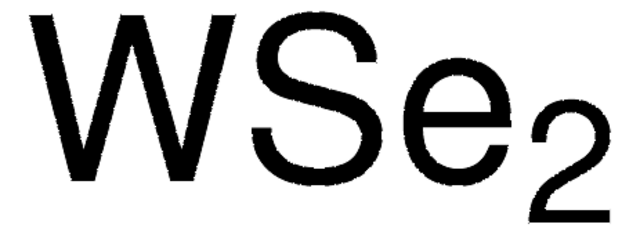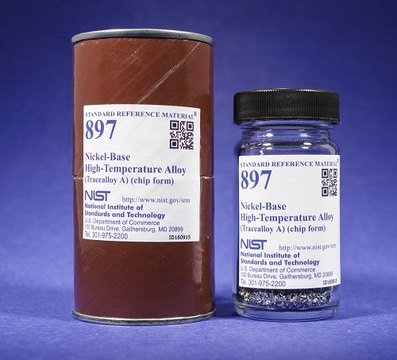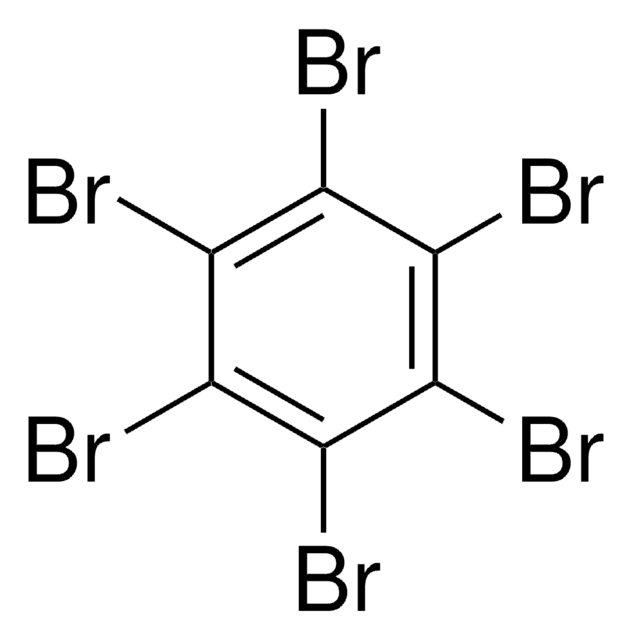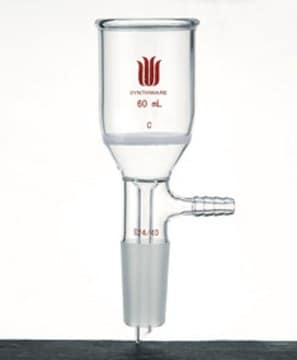GF82509587
Iron
foil, not light tested, 100x100mm, thickness 0.015mm, 99.99+%
Synonym(s):
Iron, FE000211
Sign Into View Organizational & Contract Pricing
All Photos(2)
About This Item
Linear Formula:
Fe
CAS Number:
Molecular Weight:
55.85
MDL number:
UNSPSC Code:
12141721
PubChem Substance ID:
NACRES:
NA.23
Recommended Products
assay
99.99%
form
foil
manufacturer/tradename
Goodfellow 825-095-87
resistivity
9.71 μΩ-cm
size × thickness
100 x 100 mm × 0.015 mm
bp
2750 °C (lit.)
mp
1535 °C (lit.)
density
7.86 g/mL at 25 °C (lit.)
SMILES string
[Fe]
InChI
1S/Fe
InChI key
XEEYBQQBJWHFJM-UHFFFAOYSA-N
Related Categories
General description
For updated SDS information please visit www.goodfellow.com.
Legal Information
Product of Goodfellow
Choose from one of the most recent versions:
Certificates of Analysis (COA)
Lot/Batch Number
Sorry, we don't have COAs for this product available online at this time.
If you need assistance, please contact Customer Support.
Already Own This Product?
Find documentation for the products that you have recently purchased in the Document Library.
Jun-Won Jang et al.
Water science and technology : a journal of the International Association on Water Pollution Research, 59(12), 2503-2507 (2009-06-23)
Zero valent iron has been successfully used for the degradation of a wide range of contaminants. However, this reaction of using ZVI particle produces a large quantity of iron sludge. To solve the problem, we report the synthesis of self-organized
Arnold L Demain et al.
Applied microbiology and biotechnology, 73(1), 55-59 (2006-04-20)
When tetanus toxin is made by fermentation with Clostridium tetani, the traditional source of iron is an insoluble preparation called reduced iron powder. This material removes oxygen from the system by forming FeO(2) (rust). When inoculated in a newly developed
Catherine F M Bowden et al.
Biochemistry, 53(14), 2286-2294 (2014-03-22)
The Isd (iron-regulated surface determinant) system is a multiprotein transporter that allows bacterium Staphylococcus aureus to take up iron from hemoglobin (Hb) during human infection. In this system, IsdB is a cell wall-anchored surface protein that contains two near iron
Antonino Missineo et al.
Infection and immunity, 82(6), 2448-2459 (2014-04-02)
Staphylococcus lugdunensis is a coagulase-negative staphylococcus that is a commensal of humans and an opportunistic pathogen. It can cause a spectrum of infections, including those that are associated with the ability to form biofilm, such as occurs with endocarditis or
Florence Lima et al.
Environmental and molecular mutagenesis, 55(3), 266-277 (2014-04-12)
DNA methylation is an epigenetic mechanism that drives phenotype and that can be altered by environmental exposures including radiation. The majority of human radiation exposures occur in a relatively low dose range; however, the biological response to low dose radiation
Our team of scientists has experience in all areas of research including Life Science, Material Science, Chemical Synthesis, Chromatography, Analytical and many others.
Contact Technical Service






